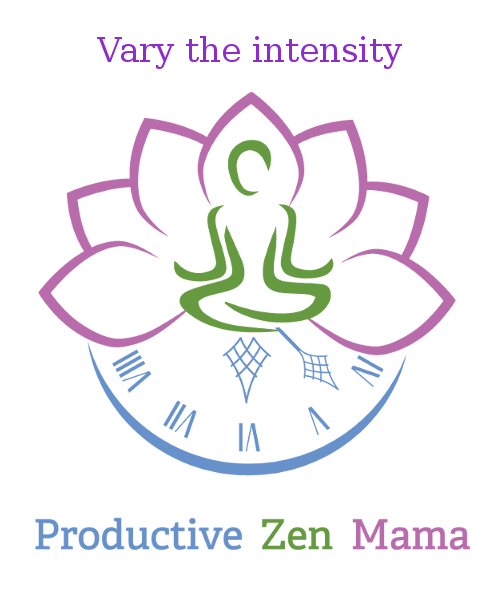To facilitate creativity and productivity, our workspace has to provide all necessities for performing the work, as well as a few extras that help us focus, keep distractions away, and alleviate stress. Whether you are changing jobs, moving offices, or rearranging your home workspace, here are some helpful tips.

Control the noise and light pollution as much as possible. Your environment has a significant impact on how effectively your brain works: introduce too much sensory input, and the brain will work hard at trying to push it to the background, in order to concentrate on the work at hand. This same energy could be spent directly on the work. Too much noise and light pollution drain our energy, making us tired sooner and reducing our ability to work efficiently and enjoy the process. Control your atmosphere.
Limit external interruptions as much as you can. Depending on your work, you might have to be interrupted to a greater or a lesser degree. An administrative assistant or a receptionist who has to take phone calls or answer email and in-person inquiries throughout the day will be more interrupted than a software engineer. If you need to make phone calls, do it in blocks of time, so that for the rest of the day you can focus on other work. If you need to communicate with others about something you are working on, compile a list of questions and have a discussion about all of them at once, as opposed to interrupting each other throughout the day. Ask your colleagues to do the same. Set up a reasonable system within your environmental constraints.
Limit self-induced interruptions. Don’t have Facebook or news sites open and informing you of every single new comment or news story — you’ll never get any work done. Instead, if you want a break, check the updates once or twice a day, during breaks or lunch, to unwind and reset your mind. Don’t let it become a two-hour mindless surfing session — it’s a sure way to emerge on the other side emotionally drained, overwhelmed with information, and distressed with the sinking feeling that you just wasted hours of your life on nothing useful.
If you work at a desk job, address the dangers of prolonged sitting. Bring a yoga ball to sit on or a yoga mat to periodically stretch. Find a way to take walk every now and then — getting up at least once an hour for 5-10 minutes is important, as all kinds of health deterioration is associated with prolonged sitting. Go for a brisk walk around the block or just step outside for a few deep breaths, use the washroom, get some water or tea, do a few stretches.
If you work outside the home, the washrooms are often stocked with antibacterial soap with hot pink dyes and fragrances. Bring a natural soap without antibacterial chemicals — you’ll be washing your hands often throughout the day, and your hands will thank you for taking good care of them.
Introduce something green to your workplace: a plant or a flower in a glass of water. If you work in a place with natural sunlight, you have lots of options. If your workplace is dim, as in a basement or a windowless office, some plants can still thrive there — devil’s ivy did quite well in my previous dark office space.
If you work at a computer, raise your monitor (or multiple monitors) to eye level. You can get monitor stands or just prop them on piles of books. Your head, neck, eyes, and back will have less stress if you are looking straight ahead instead of craning your neck down.
Wear comfortable footwear with no heel (and I mean completely flat, not even an inch) — look into Vibrams or other minimal footwear. Or ditch the shoes altogether — if you are sitting at a desk, no one sees your feet anyway. You won’t be shortening your calf muscles, which will in turn alleviate issues with your hips, back, and pelvic floor. Katy Bowman has lots of good information on why heels gotta go.
Bring a scarf, shawl, pashmina, blanket, or sweater to have another layer of temperature control. Many offices are cold in winter (at least in Canada), and freezing in summer, since people dress for outside +30°C and the air conditioners bring the temperature down 10 degrees or more, with drafts (especially where people share the building with computers that need to be kept cool). When your body has to work at keeping itself warm, your brain is not dedicating as much capacity to your work as it could in a comfortable temperature.
Bring healthy snacks to stash at your workplace: dried fruit, seeds and nuts, home-made energy bars, dark chocolate. It’s too easy to get lost in work and realize too late that you are famished and there’s no time to go out and get anything healthy (or your office is in the middle of nowhere and the only fair around is junk from a gas station). If you don’t have healthy snacks ready, you can easily fall into a trap of grabbing the sugar-laden ones from a convenience store nearby. Snack in moderation — even though these things are better for you, there is no need to overindulge. Keep these for emergency times only.
Bring healthy lunch and fresh snacks every day (and when you fail to plan, you will have your stashed ones to fall back onto): dinner leftovers and fresh fruit and veggies are the best. Bring cutlery if none is provided by your office, wash it after lunch and keep it at your desk. There are few things more frustrating than opening your home-made lunch and realizing you’ve forgotten the utensils.
Bring a water bottle with clean water — not all offices have clean tap water or a good water filter. In many places, bottled water is of worse quality than tap water, so save your money and don’t buy bottled water unless you are somewhere tap water is not safe for drinking.
Bring a mug you can keep at your desk and a few different teas you enjoy. It’s great to have a refreshing cup of green tea during a hot summer day, or a cup of hot black tea on a cold winter morning. Your mug will make the place feel more like home and can serve as a focus point when you need to shake off frustration and reset to a productive mindset.
Bring a box of tissues — it’s very handy to have for any spills, to use as a napkin, a wrapper, or a handkerchief.
Bring headphones if your work requires concentration. Headphones can serve as a reminder to people around you that you are “in the zone” and might not want to be interrupted. They will think twice before asking you a question directly, often opting out for email or instant messaging as a more gentle way to get your attention. In fact, some software companies make it a part of their code of conduct, to reduce interruption and increase productivity.
These are a few tips that I have found helpful. What are you favourite ways to make your workplace welcoming and make you want to spend time there?










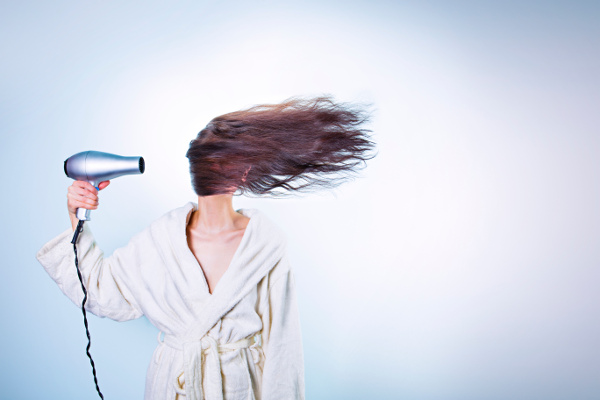







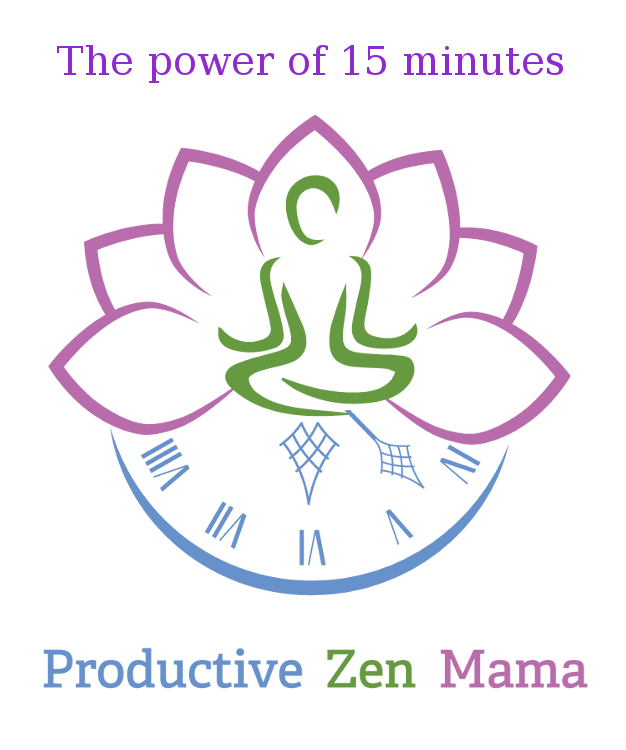
 To be resilient in the face of changes, one must let go of the need to cling to familiar and give in to uncertainty of life. Just as with good sex or a good birth, feel the rhythm, follow it, listen to your senses, and ride that wave. Let go and you’ll be more in control and feel more pleasure from the process than if you try to resist the flow. You cannot control life circumstances.
To be resilient in the face of changes, one must let go of the need to cling to familiar and give in to uncertainty of life. Just as with good sex or a good birth, feel the rhythm, follow it, listen to your senses, and ride that wave. Let go and you’ll be more in control and feel more pleasure from the process than if you try to resist the flow. You cannot control life circumstances. 
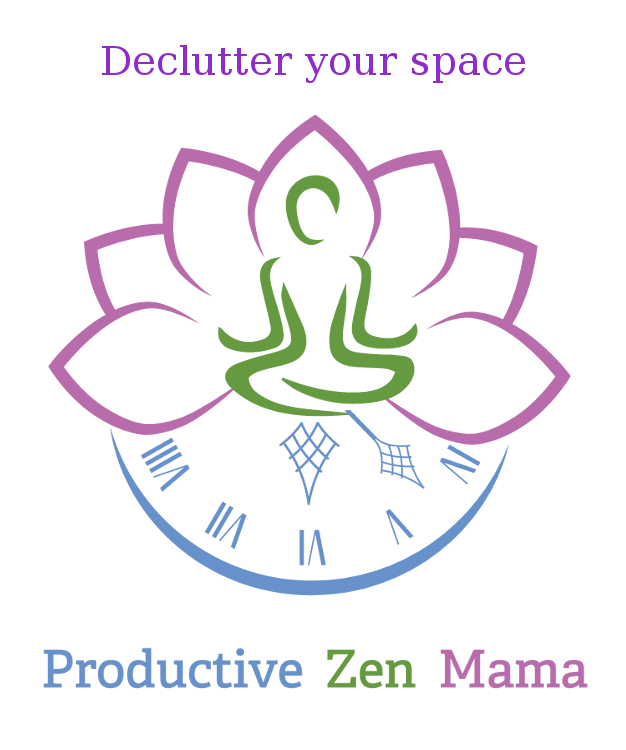
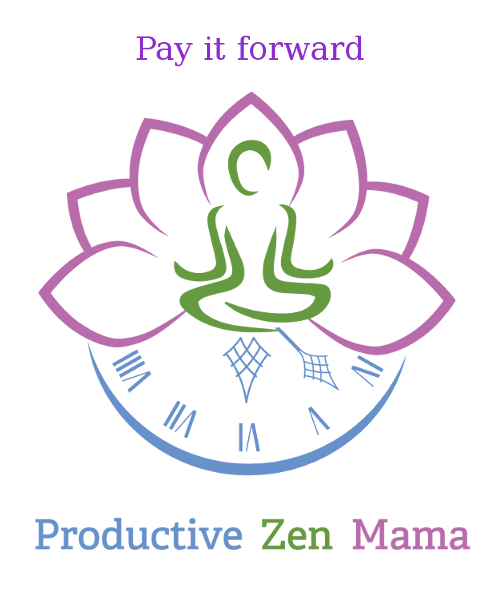
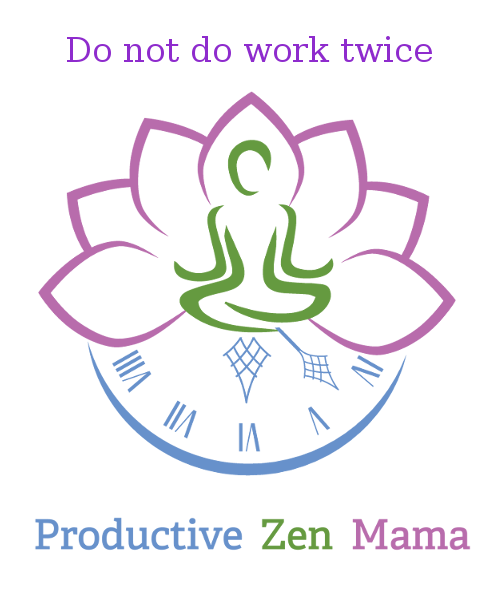
![never-ending-sotry-as-adult-1393712914[1]](http://fingeringzen.com/wp-content/uploads/2015/01/never-ending-sotry-as-adult-13937129141.jpg)

